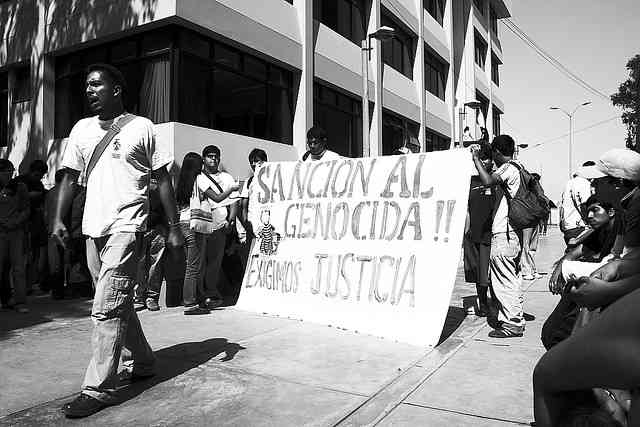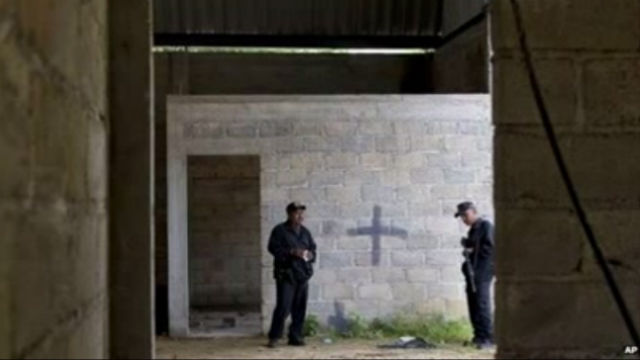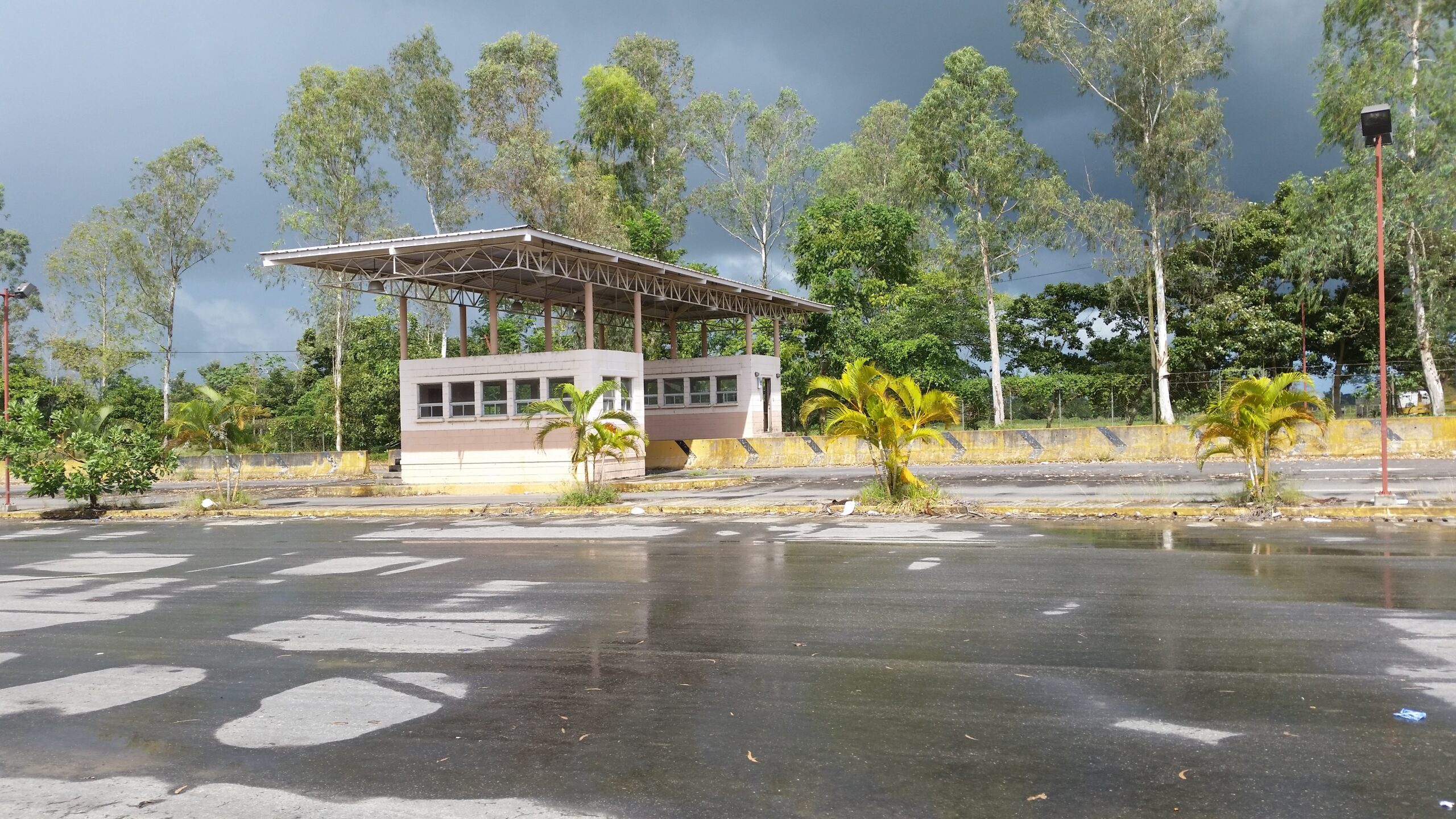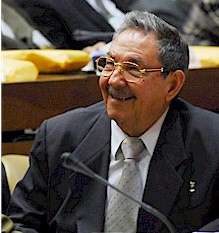
Cuba, Latin America: Week in Review
Cuban Dissident Guillermo Fariñas Ends Hunger Strike After 130 Days
July 9, 2010 By Staff

Cuban political dissident Guillermo Fariñas.
Today in Latin America
Top Story — Cuban doctor and political dissident Guillermo Fariñas ended his hunger strike after refusing food for over 130 days.
Fariñas, who began his hunger strike after the death of fellow dissident Orlando Zapata Tamayo in February, ended the strike after the Cuban government announced that it was freeing 52 political prisoners.
It was reported that Fariñas was close to death when he ended the hunger strike.
Cuba’s release of the 52 political prisoners has been applauded by nations around the world, including the United States and Spain. The European nation will take the first five of the prisoners released.
U.S. Secretary of State Hillary Clinton said she was pleased with Cuba’s decision to release the prisoners, which she said was overdue but “a positive sign.”
“We welcome this. We think that it’s a positive sign. It’s something that is overdue, but nevertheless very welcome,” Clinton said, according to AFP.
The Obama administration has been more open then previous administrations in opening dialogue with Cuba. Last year it lifted travel and money transfer restrictions on Cuban-Americans with relatives in the country.
However, the administration said that it would not lift the decades-old embargo on Cuba unless the government of Raúl Castro shows progress on human rights issues.
Just Published at the Latin America News Dispatch
- Alison Bowen’s blog Beyond Borders discusses the U.S. federal government´s lawsuit against Arizona over the state´s controversial immigration law.
Headlines from the Western Hemisphere
North America
- Mexican President Felipe Calderón traveled Thursday to the country’s northeastern states, which have been hit by hurricane Alex.
- Arizona Governor Jan Brewer canceled the upcoming 28th annual U.S.-Mexico Border Governors Conference, after Mexican governors threatened to boycott the event in protest against the state’s controversial new immigration law.
Caribbean
- U.S. Ambassador Luis CdeBaca, charged with working on issues related to child exploitation and human trafficking, met with Haitian officials to discuss threats posed to children there, as the country recovers from the devastating Jan. 12 earthquake.
- National Public Radio examines the state of Haitian relief and recovery efforts six months after the Jan. 12 earthquake.
Central America
- Matthew Nolan, brother of Batman director Christopher Nolan, will be extradited to Costa Rica for murder charges after serving a sentence for attempting to escape a federal prison.
- A week-long strike by banana plantation and canal workers in Panama has left one man dead and others injured in confrontations with the police.
- Dole Food Co. is attempting to overturn a $2 million award to six Nicaraguan men who claim they were made sterile by exposure to pesticides.
Andes
- British missionary Paul McAuley will be allowed to remain in Peru to appeal an expulsion order from the government for protesting against lumber companies in the Peruvian Amazon.
- Venezuelan Cardinal Jorge Uroza criticized personal attacks by President Hugo Chávez and accused the president of moving the country towards dictatorship.
- Colombian journalist Hollman Morris, awarded a fellowship to Harvard’s Nieman Foundation, was denied an American visa under the U.S. Patriot Act.
- Bolivia is planning to launch the country’s first-ever satellite, named the “Tupac Katari,” within the next three years.
Southern Cone
- The Chilean Supreme Court on Thursday reduced the prison sentence of Manuel Contreras, head of the Chilean secret police under the Pinochet dictatorship, but upheld the convictions of other police agents.
- An Argentine general and former police officers were found guilty Thursday for torture and murder during the country’s 1976-1984 dictatorship.
- Twelve Uruguayan prisoners burned to death in a prison fire Thursday and President José Mujica proposed that the military take over responsibilities for civilian prison security.
- Brazil’s top soccer official announced that Brazil was on schedule to host the 2014 World Cup despite criticism from FIFA for lack of progress.
Image: Wikipedia.
Subscribe to Today in Latin America by Email






1 Comment
[…] a Cuban journalist and government opponent who made international headlines for participating in a 134-day hunger strike last year, said that Soto García spoke to him before he died. According to Fariñas, Soto was sitting in […]
Comments are closed.